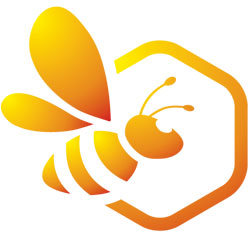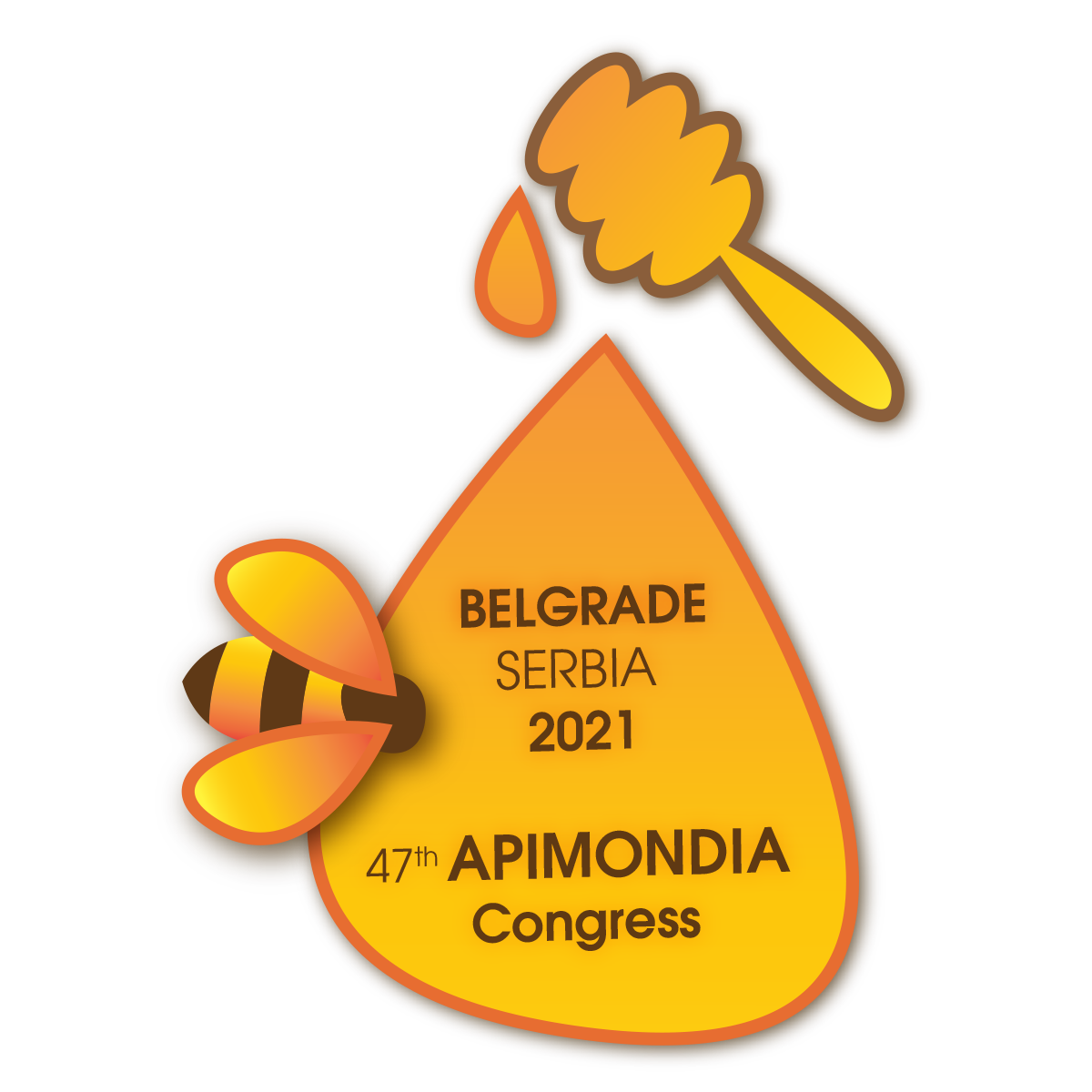BEEKEEPING IN SERBIA
After the fall of medieval Serbia, late fourteenth and early fifteenth century, beekeeping is like any other industry, it began to fall rapidly. Big apiaries collapsed, which were the property of rulers and nobles, even the monastery’s. Beekeeping has lost the shine it had in the Middle Ages. Serbian King Dušan had in the fourteenth century apiary of more than 1,000 hives in Prizren (Kosovo and Metohy), the capital of Serbia in that time.
It was not until the early 19th century, in Serbia began reconstruction of the economy, agriculture, and even beekeeping. In the second half of the 19th century an important role in promoting the rational beekeeping in Serbia had Serbian Agricultural Society (registered in 1869). It was consisted of a section of animal husbandry, and within the same there was a registered branch of beekeeping. Serbian agricultural society was through their local subsidiaries or in cooperation with Beekeeping-fruit cooperatives organized a competition among beekeepers by most districts of the then Serbia, which had a positive impact on the development and improvement of our own, a quite simple beekeeping.
Serbian beekeepers realized that beekeeping in Serbia still lags behind beekeeping in other countries and that they must take urgent measures to beekeeping in Serbia began more improved and pull out of its backwardness. There was a need for closer connection of beekeepers and creating a beekeeping organization that would effectively propagate and spread rational beekeeping. The idea of establishing beekeeping society was first mentioned in the first issue of beekeeping magazine „The Bee“ of 10 January 1883.
Later, a group of prosperous beekeepers gathered around abbot in a monastery Vitovnica and Jovan P. Jovanovic, a teacher in Petrovac, sent on 1 July 1897 (according to the Julian calendar) „Whoop to the beekeepers in the Kingdom of Serbia“ – an invitation on the first Serbian beekeeping assembly in the Kingdom of Serbia.
First beekeepers’ assembly was held on 7 August 1897, at the primary school in the Jagodina town. The Assembly unanimously decided that in the aim of promoting of beekeeping at our country, should formed special society under the name „Serbian Beekeeping Society“ that would only work on the improvement of this economic branch in Serbia.
The temporary committee, which was elected on that date, created the rules for creation of Serbian beekeeping society and convened the second beekeepers assembly in the Kingdom of Serbia, for reconsideration of rules (the Statute) and in order to create Serbian beekeeping society.
The“Serbian Beekeeping Society“ was founded at the second assembly, which was held on 31 October 1897 (according to the Julian calendar) in the home of Serbian agricultural society in Belgrade in the presence of more than 160 beekeepers and friends of the beekeeping.
Here should be emphasized that the Serbian beekeeping society, although in its title contained national commitment, that has never contained any nationalist divisions. In that society, as now in SPOS, the beekeepers were not shared by nationality, but gathered with sincere beekeeping feelings, good inter-ethnic, religious and human relations and common interests. At the first session of the Board Serbian beekeeping society, on November 26, 1897, according to the decision of the second beekeeping assembly, it was decided that beekeeping magazine „Beekeeper“ begins to come out on January 1, 1898, and still publishing.
Although very young, Serbian beekeeping society, participated in the World beekeeping exhibition in Paris in 1900. For participation in the exhibition and exposed beekeeping exhibits Serbian beekeeping society were awarded with gold and silver medals, and president of the Association and the editor of „Beekeeper“ Aleksa M. Zivanovic, for organizing exhibition and their own contribution to its success, with the gold medal.
Two years after its founding, the Serbian beekeeping society, under the highest protection of Her Majesty Queen Draga, held Congress of beekeepers and exhibition from September 30 to October 2, 1900 in Belgrade.
The First World War devastated the Serbia. The nation was decimated, economy was ruined, also beekeeping has suffered enormous damage. Beekeepers were killed in the war, apiaries were decaying. Drastically reduced the number of beekeepers and the number of bee colonies. According to the 1910 census, in Serbia was 269,768 hives, and in 1920 175,592 hives, which means that in the war damaged nearly 100,000 beehives.
After the war, it was necessary to start all over again. It took a long time to renew the work of Serbian beekeeping society. It was reopened on April 21, 1920, and from January 1, 1921 began to publish again the „Beekeeper“ magazine.
The Second World War brought the occupation of Serbia and fratricidal war. The ravages of war did not spare neither beekeeping. Building of Serbian beekeeping society on April 6, 1941, was destroyed after the bombing. The Company’s assets has been repeatedly looted. „Beekeeper“ magazine was published in time of war with periodic discontinuities.
After the liberation, the Serbian Beekeeping society work until April 21, 1963, when it merged with the Union of Beekeepers SR Serbia (established on December 28, 1952) and created a single organization for the whole territory, called the Association of Beekeepers of SR Serbia.
At the extraordinary general meeting held on December 22, 1973, by adopting the new Statute the Serbian beekeeping society is reorganized into the Federation of Beekeeping Organizations of SR Serbia. The same day the decree of the President of Yugoslavia, Josip Broz Tito, awarded with the Order of Merit with silver rays magazine „Beekeeper“ for significant merit in the popularization and improvement of beekeeping.
Several times throughout history, Serbian beekeepers changed the name to it’s organization, but not the goals that were set far back in 1897 – „to works exclusively on the improvement this economic branch in Serbia.“ Today this organization, proud of its past, carries the name of the Serbian Federation of Beekeeping Organizations, and this 2017 celebrates 120 years of existence and successful work!
Please help us to jointly crown this 120-year long journey of Serbian beekeeping, choosing the Serbia to host the Congress Apimondia 2021!



 Šalje se...
Šalje se...